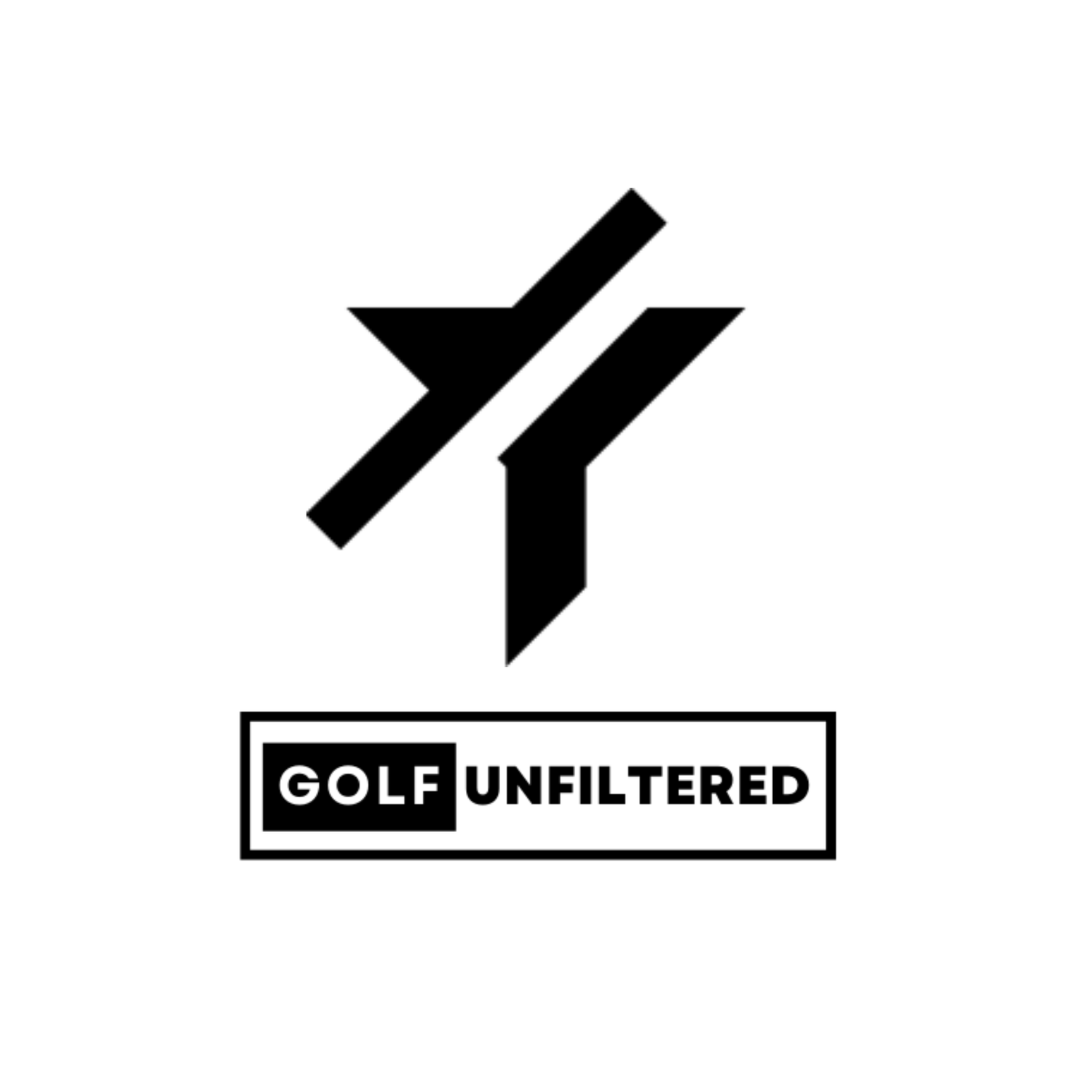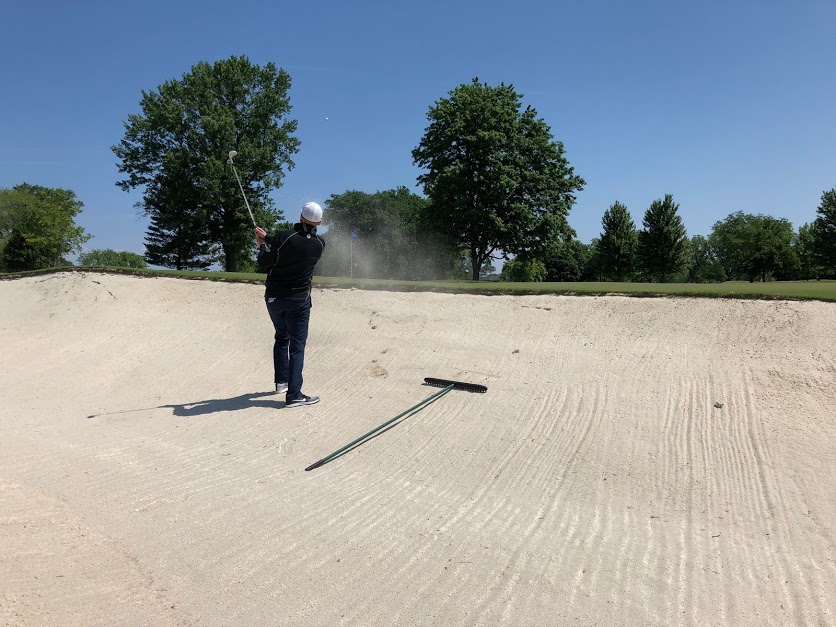Walking Alongside the Noise
Anxiety's a constant hum for many, like a childhood trauma's echo. Therapy helped, but golf became my escape. The routine, focus, and nature all worked together. It wasn't about outhitting anxiety, but finding peace alongside it.
How Golf Has Helped Me Overcome Anxiety | Episode 162
On today's episode, Adam discusses news from the week related to mental health, including how golf helps him overcome struggles of his own.





